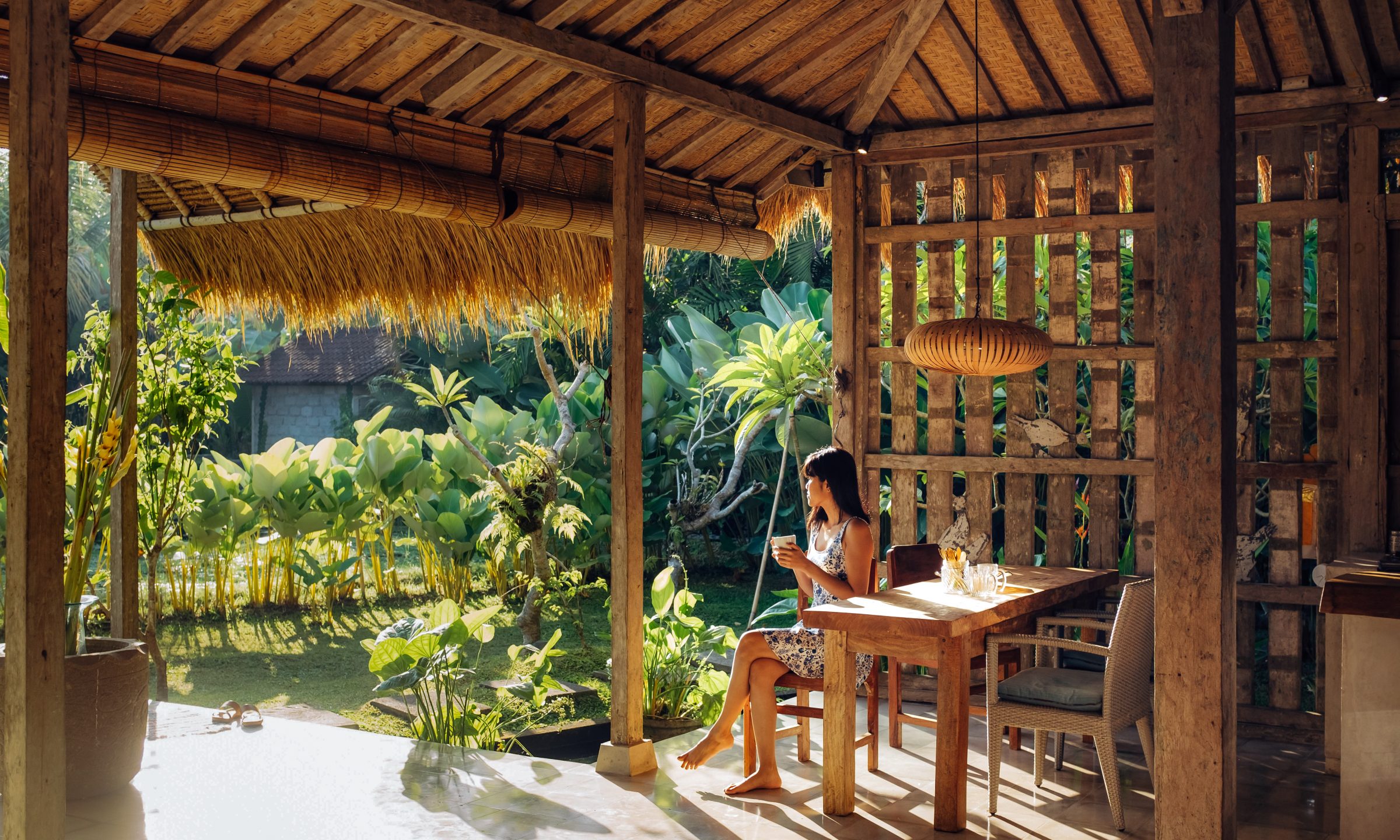
Are you planning your next getaway? In today’s travel landscape, Airbnb has revolutionized the way we experience new destinations. With a plethora of options available, finding the perfect Airbnb rental can be exciting yet daunting. While browsing through listings, it’s crucial to prioritize your safety and well-being.
1. Prioritize Safety and Comfort
When selecting an Airbnb rental, your safety and comfort should be at the forefront of your decision-making process. Look for rentals that provide comprehensive information about safety features, such as smoke detectors, carbon monoxide alarms, fire extinguishers, and emergency contact details. Read through the property’s reviews to gauge whether previous guests felt secure during their stay.
2. Assess Listing Photos Carefully
Listing photos are your first glimpse into the property you’re considering. Pay close attention to the cleanliness and overall condition of the space. If you notice any signs of neglect, disrepair, or inadequate maintenance, it might be a red flag for potential safety issues.
3. Read Reviews and Ratings
Guest reviews are a treasure trove of information. Pay attention to reviews that mention health and safety concerns, such as mold, pests, or accidents. While a single negative review might not necessarily indicate a major issue, a pattern of similar complaints should not be taken lightly.
4. Check for Mold and Moisture Issues
Mold is a serious health hazard that can adversely affect your well-being, especially if you have respiratory issues or allergies. If there is an issue it may be to your advantage to consult with an experienced toxic mold attorney. Keep these pointers in mind:
Review listing descriptions: Some hosts might be transparent about previous mold issues and how they’ve been addressed. If there’s no mention of mold in the listing, it doesn’t hurt to ask the host directly.
Inspect photos for signs: Look for any discoloration on walls, ceilings, or corners, as this can indicate mold growth. Mold often thrives in damp or humid environments, so be particularly cautious if the property is located in an area with high humidity.
Read reviews for hints: Guests are likely to mention mold problems in their reviews. If you come across reviews mentioning mold, take it seriously and inquire about the issue before making a reservation.
5. Communicate with Hosts
Don’t hesitate to reach out to the hosts with any questions or concerns you might have. Responsible hosts will be more than willing to address your inquiries. Ask about the property’s history of maintenance, any past issues, and the measures they have taken to ensure guest safety.
6. Consider Location and Surroundings
Evaluate the property’s location and surroundings. Is it located in a safe neighborhood? Are there any potential hazards nearby, such as busy roads, steep cliffs, or poorly lit areas? Your physical safety outside the property is just as important as your safety indoors.
7. Evaluate the General Cleanliness
Good hygiene and cleanliness are indicative of a host’s dedication to guest comfort and safety. Ensure that the property is clean and well-maintained, as a lack of cleanliness could potentially lead to various health risks.
8. Check for Safety Features
Apart from mold concerns, it’s important to ensure that the property is equipped with essential safety features. Confirm that windows and doors have proper locks, staircases are stable and well-lit, and balcony railings are secure. If you’re traveling with children, ask about childproofing measures.
9. Inspect Amenities and Furnishings
Examine the provided amenities and furnishings. If you spot any damaged or unstable items, report them to the host immediately. An injury caused by faulty furniture or appliances can easily ruin your vacation.
10. Trust Your Instincts
Lastly, trust your instincts. If something feels off about a property, even if you can’t quite put your finger on it, it’s perfectly acceptable to explore other options. Your safety and peace of mind are non-negotiable.
And remember, accidents can happen despite your best efforts. If you find yourself in a situation where a personal injury occurs due to negligence, whether it’s faulty furniture or property conditions, don’t hesitate to consult a qualified personal injury lawyer. Your well-being is worth the proactive effort.
Leave a Reply